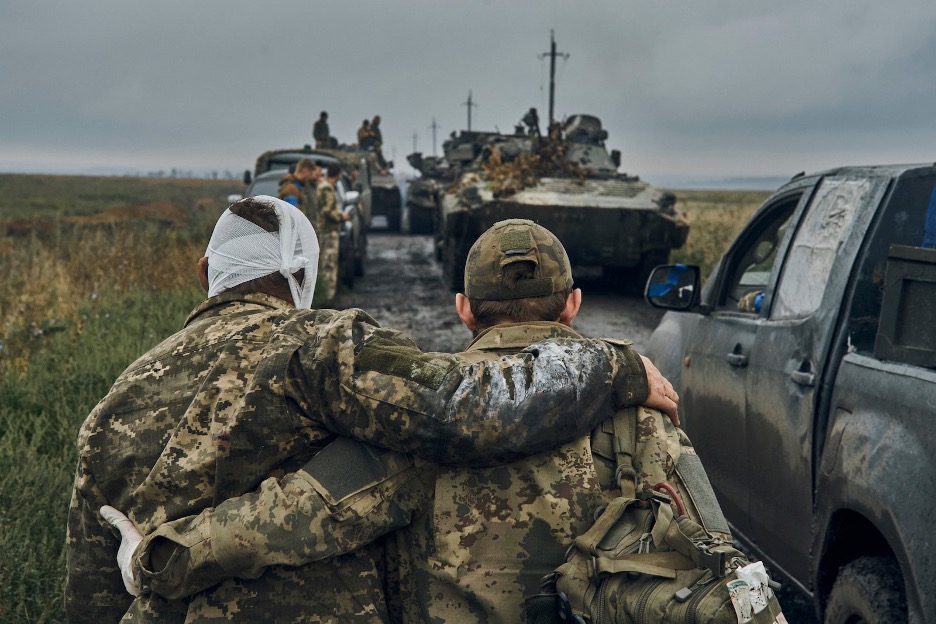WASHINGTON (August 6 , 2025)- President Trump said he has given Russian president Vladimir Putin until Friday to agree to a ceasefire “to stop the killing in Ukraine.”
US envoy Steve Witkoff met with Putin today for “constructive” talks. The Guardian reports Russia could see hefty sanctions or secondary sanctions imposed actions countries who trade with Russia.
Experts at the George Washington University are available to discuss the analysis and relations involved. To speak with an expert, please contact Media Relations Specialist Shannon Mitchell at shannon [dot] mitchell gwu [dot] edu (shannon[dot]mitchell[at]gwu[dot]edu).
gwu [dot] edu (shannon[dot]mitchell[at]gwu[dot]edu).
International Affairs
Colin Cleary, Professorial Lecturer of U.S. Foreign Policy at GW. Cleary is an expert on Ukraine-Russia dynamics, Europe Energy Security and NATO. Professor Cleary can speak on the great power conflict and national security, NATO’s expansion–especially as it relates to Ukraine, and arms control. In addition to his expertise, Clearly has lived in work in Kyiv, Moscow, Poland, Romania, Spain and Ireland.
Ambassador (ret.) Gordon Gray, Kuwait Professor of Gulf and Arabian Peninsula Affairs. Gray is an expert in Diplomacy and Statecraft and U.S. Foreign Policy in the Middle East and Northern Africa. Gray served the US government for 35 years with many foreign assignments.
Robert Orttung, a research professor of international affairs, is an expert on comparative politics, Russia, Ukraine, energy security, federalism, and democracy. He can discuss Russian politics, Russian-Ukrainian relations and all issues related to urban politics in Eurasia. He can also speak to Vladimir Putin’s legacy and governance as well as the future of Russia more broadly.
Russia & Vladimir Putin
David Szakonyi, associate professor of political science, is an expert on Russian politics. His research focuses on corruption, clientelism, and political economy in Russia, Western Europe, and the United States. His book -- Politics for Profit: Business, Elections, and Policymaking in Russia examines why business people run for elected political office worldwide, how their firms perform as a result, and whether individuals with private sector experience make different policy decisions. Other research looks at the effectiveness of anti-corruption campaigns, employers mobilizing their voters to turnout during elections, and nepotism under authoritarian rule.
Ukraine & Volodymyr Zelenskyy
Henry Hale, professor of political science and international affairs, director of the Elliott School's Institute for European, Russian, and Eurasian Studies. He has spent extensive time conducting field research in post-Soviet Eurasia and is currently working on identity politics and political system change, with a special focus now on public opinion dynamics in Russia and Ukraine. His work has won two prizes from the American Political Science Association and includes the books The Zelensky Effect and Patronal Politics.
-GW-



